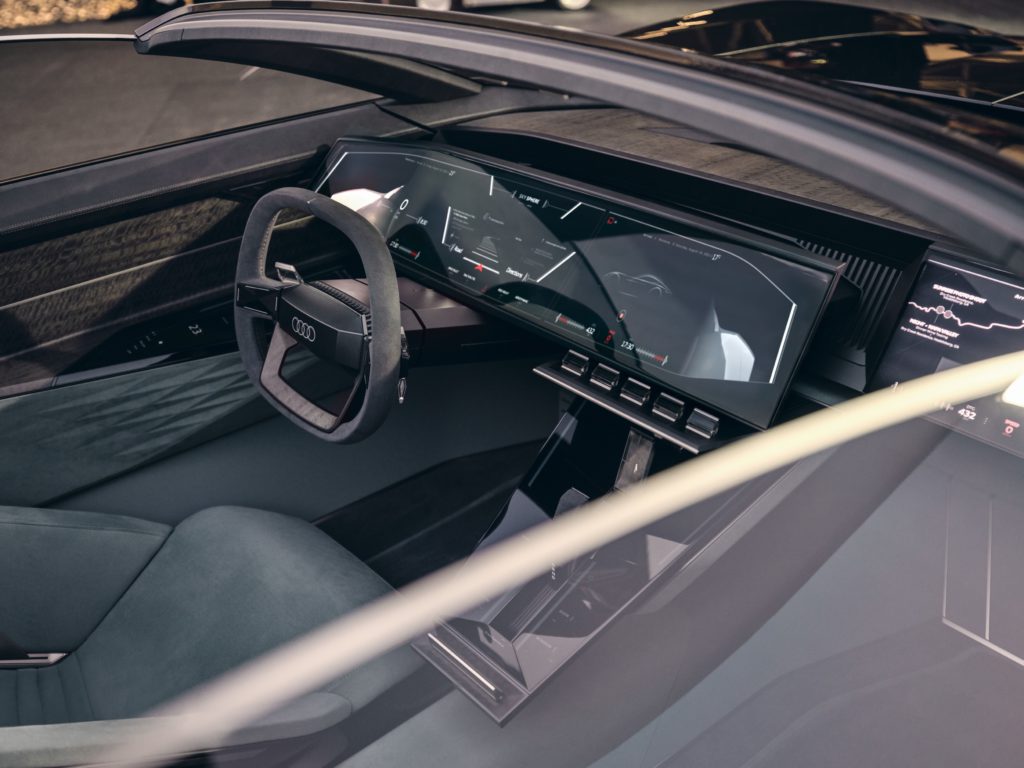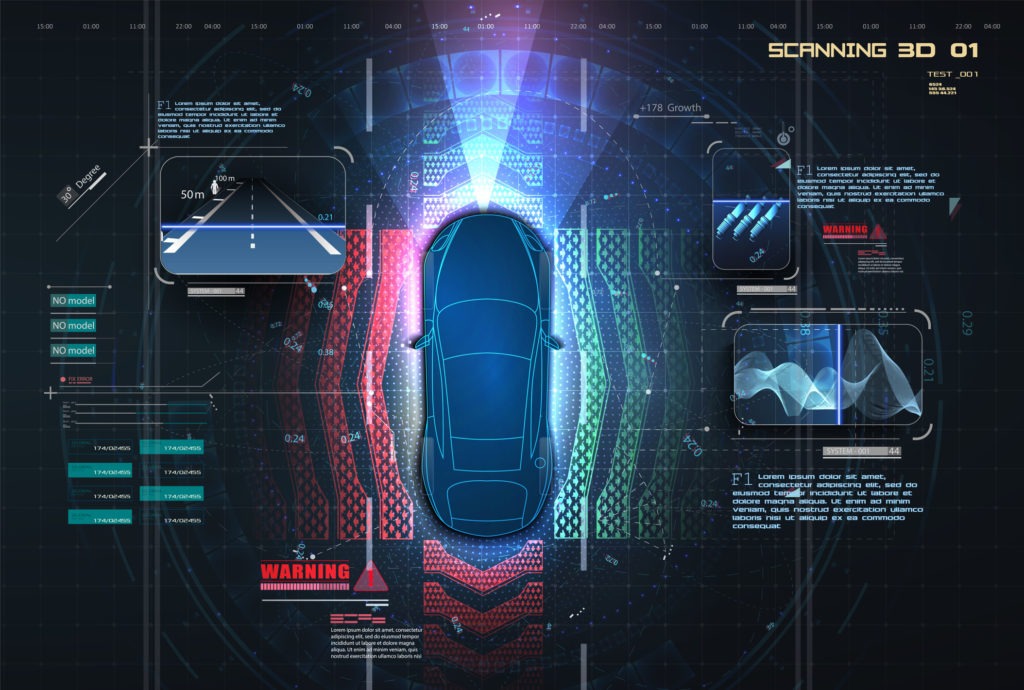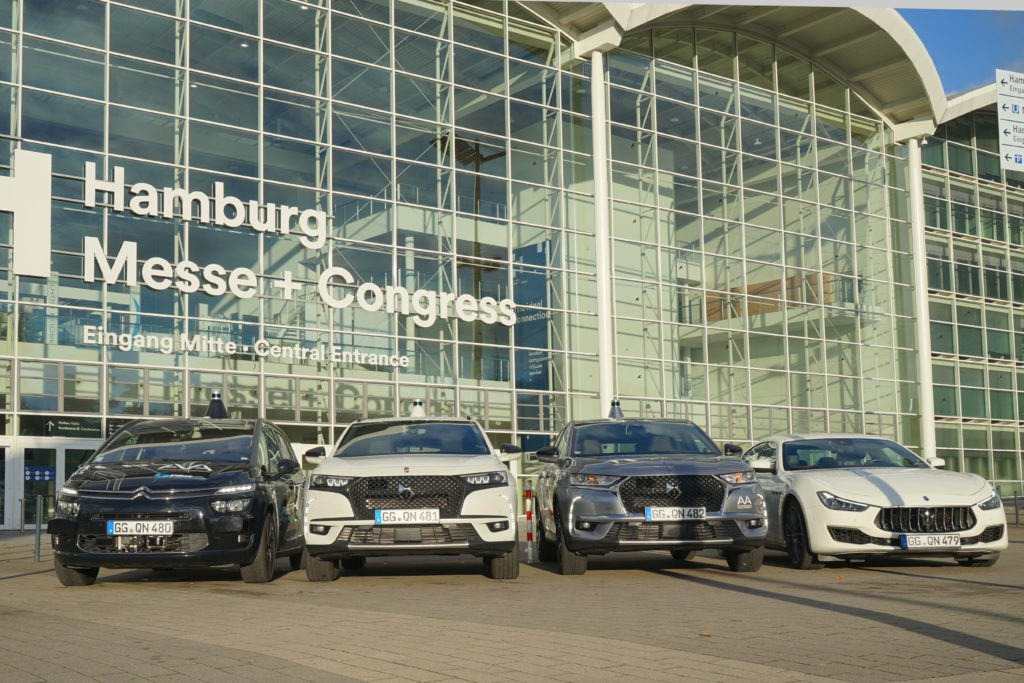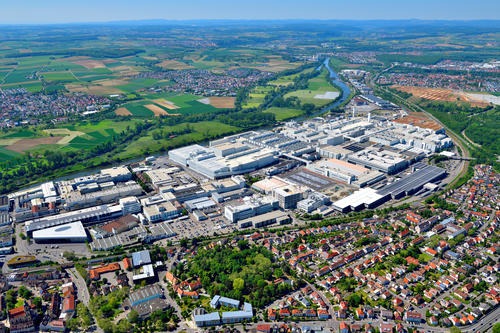Audi assesses social impact of autonomous driving in new study
13 December 2021

The 2021 SocAIty study from the &Audi Initiative considers the societal impact of autonomous vehicles. It captures a wide variety of topics from the necessary legal frameworks to ethical implications and digital responsibilities.
Electromobility is transforming the automotive industry at a breakneck pace. Companies are urgently investing in electromobility, racing to meet climate-change deadlines. But as the SoCAIty study identifies, electrification is far from the only megatrend reshaping the sector.
‘After electromobility, the next, clearly more radical change is the transition to more intelligent and, ultimately, autonomous vehicles,’ said Markus Duesmann Audi’s CEO. ‘For us, autonomous driving is a key technology that can make traffic safer and mobility more comfortable and inclusive.’
Three focal points
The study assembles 19 scientific, policy, and economic experts from across the world, to discuss the impact of autonomous technology. The aim is for their work to spark an ongoing discourse about the future of mobility. After all, the underlying technology might advance rapidly, but social acceptance must keep pace so that autonomous vehicles are adopted into the mainstream.
The SoCAIty study addresses three focal points, under some key chapter headings:
- Law and progress deals with issues of liability
- Relationships of trust between humans and machine considers the ethics of autonomous technology
- Networked security looks at the relevant data protection and security aspects.
A central insight of the study reveals how the mobility landscape will be more diverse and compartmentalised come 2030. This means more mobility solutions suited to specific goals, as well as more diverse micromobilty, particularly in urban areas. In fact, location will come to be a determining factor behind demand. Similar needs appear to prevail across cities like New York, London, and Shanghai, which have comparable conditions and mobility needs.
Global development
Most of the study’s contributors do see the US as a driving force behind the advanced technology. While new systems might not be primarily developed in the states, autonomous vehicles are likely to be put on the road there, backed by capital and expertise. ‘The US often takes on the role of incubator; it breaks new ground early on. In China, on the other hand, new technology is often quickly rolled out and scaled across the board,’ said Uta Karen Klawitter, head of general counsel legal services at Audi.
China is considered a leader in the scaling and spreading of new systems. This is thanks to the determined expansion of infrastructure, as well as a high level of social appreciation for new technologies. Meanwhile, Germany and Europe look to be innovation sites for vehicle technologies and high-volume production, as well as becoming an important sales market in 10 years. This means European consumer rights and data protection regulations will come to influence global conditions and standards for the entire industry.
Importance of personal experience
In 2030, mobility will be defined by mixed-traffic conditions, with autonomous vehicles and human drivers sharing the same space. Road users will have to adapt to new rules, which are structured around advancing technology. In turn, this will require trust to be established between humans and machines. ‘Only the increase we expect to see in comfort, safety and availability will sufficiently justify acceptance and confidence in the new technology,’ said Hiltrud Werner, member of the board of management responsible for integrity and legal affairs at Volkswagen.
Autonomous vehicles contain the potential for more efficient and ecologically-sustainable traffic, as well as networked and data-driven mobility concepts which could have a huge social impact. This includes services orientated more towards human needs, leading to new more inclusive mobility. ‘It is also about better access to mobility. Because mobility is the key in getting access to jobs, medical care, to clean food and so forth,’ added Huei Peng, professor of mechanical engineering and director of Mcity, University of Michigan.
Examining ethics
Getting to grips with the ethics behind autonomous mobility means examining collisions, which can be quite an emotive process. For that reason, experts agree that the next step should be to clearly define ethical foundations on realistic situations.
Instead of relying on hypothetical questions, there needs to be consideration of the actual challenges companies and legislators must contend with. ‘Who do we prioritise avoiding? If this is how we keep setting the agenda, we are not going to get very far,’ said Christoph Lütge, director of the institute for ethics in artificial intelligence at the Technical University of Munich.
For those left pondering the specifics of autonomous technology, Autovista24 breaks down the terminology as part of its explainer video series. In addition, in a recent Autovista24 podcast, Transport Research Laboratory safety researcher, Ben Simpson, unpacks how motoring-safety metrics could help define these developing vehicles.



